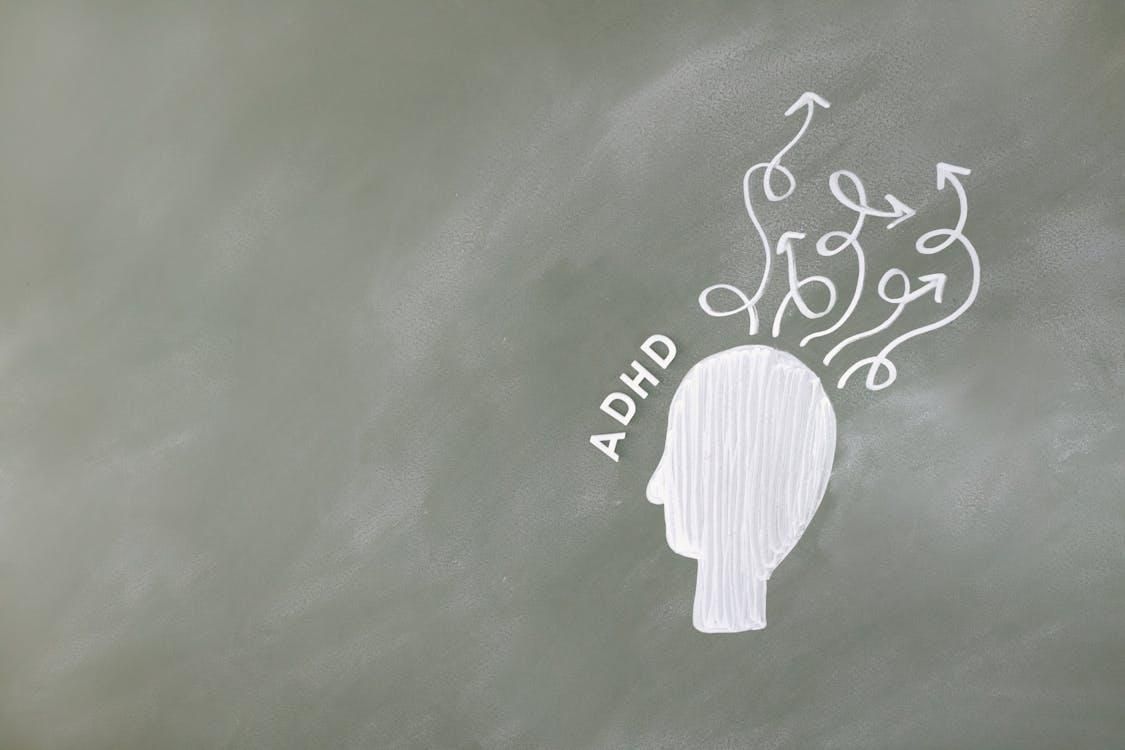Be Your Own Support System—3 Ways You Can Start Validating Yourself
Well, it feels good to be appreciated, to be told you did a decent job, to have your feelings affirmed, and to be praised.
While it’s totally normal to want validation from others like your friends, boss, spouse, or parents, some of us seek external validation to an unhealthy level — we start relying on others to make us feel good. If nobody tells us we’re doing well, we start doubting our abilities. We go through our social media obsessively to seek approval — and if others don’t value us, we start questioning our worth.
Since relying on external validation can make us depressed or anxious, you should start validating yourself and be your own support system.
Here’s how you can validate yourself:
1. Understand your internal processes
One of the best ways to validate yourself is to become aware of your internal processes. This can help you change these processes, especially emotions and thoughts. With greater emotional awareness, you’ll start understanding the notion of mental health as well.
Once you understand how these actions impact you, you’ll stop behaving in ways that negatively affect you. For example, you’re likely to avoid perfectionism, using social media obsessively, or eating unhealthy food if you know that they harm you.
2. Radical honesty
While nobody can be honest all along, radical honesty seeks to be absolutely honest, at least with yourself. Although honesty with yourself can be heartbreaking and brutal, it’s better than the alternative. Radical honesty can also help you develop greater resilience — a lifelong skill that helps you adapt to and overcome challenges, ultimately leading to growth. Honesty also opens up your mind as you grow mentally strong and start entertaining various viewpoints.
Radical honesty proposes the simple principle of being brutally honest with ourselves. While this sounds pretty straightforward in principle, applying it is extremely hard.
So, how do you seek validation from yourself? Be honest and never judge your actions, feelings, and thoughts. Instead, try to understand the urges and motivations that lead you to feel or act in a certain way.
Most people lack self-honesty and, therefore, struggle with low self-esteem. This doesn’t mean that they’re to be blamed for feeling this way. People are influenced by their experiences and how family, friends, and peers see them. However, keep in mind that we know ourselves the best and should view ourselves with that knowledge.
3. Come to terms with your past
The past overtakes some people’s lives. Sometimes, we think over events that have already passed, hold grudges, and still agonize over regrets. During this process, we forget to invest and live in the present.
So, gather strength and courage by seeing your emotions unbiasedly. With self-validation, you can come to terms with your past and move on from your emotional pain and past trauma. Breaking free from the shackles of the past empowers us to make decisions based on the present.
Oasis of Hope offers the best telepsychiatry care in Maryland
With our telepsychiatry services in MD, we at Oasis of Hopecan offer top-of-the-line psychiatric services to anyone who wants to improve their mental health from the comfort of their home.
Give our psychiatric nurse practitioner in MD a call now for more information!











